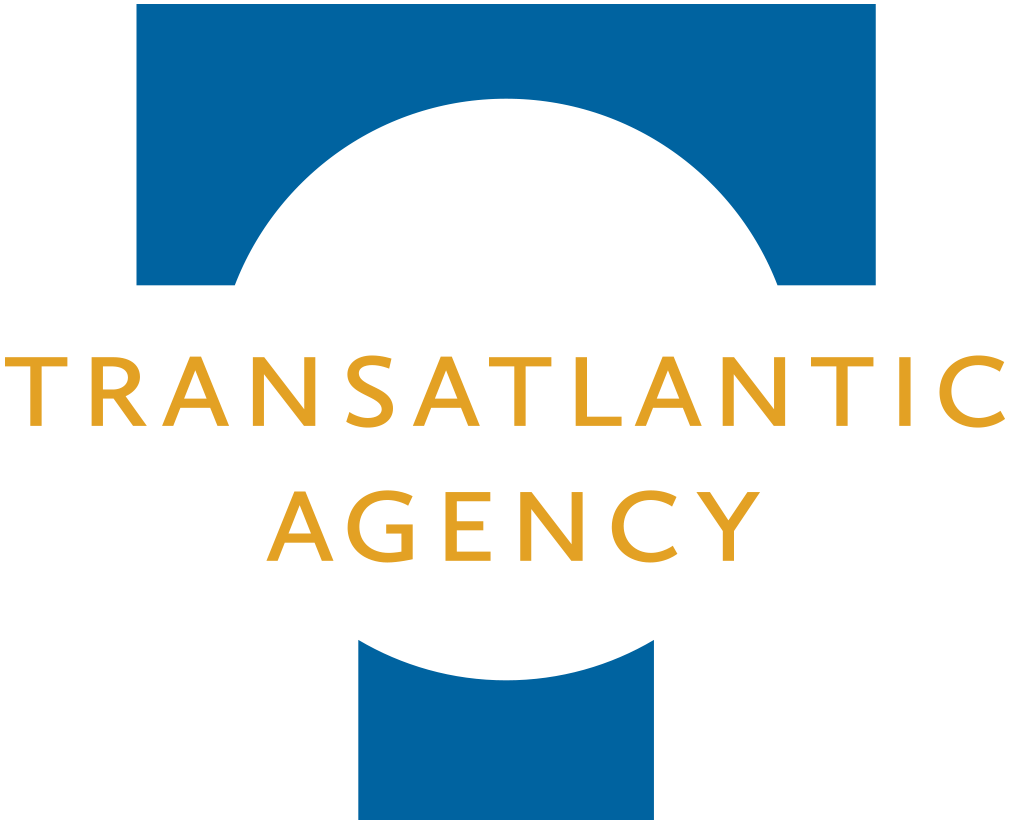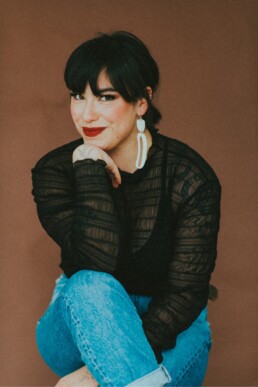Riley Yesno (she/her) is a queer Anishinaabe scholar, writer, and commentator, from Eabametoong First Nation and Thunder Bay, Ontario.
She is highly sought after for her words and analysis— called an “Indigenous powerhouse” by the Toronto Star, “one of the brightest young minds in Canada today” by jury members of the Canadian Journalism Foundation, and “a rising intellectual giant by the University of Toronto.
She has been a contributor and commentator for some of the largest media outlets in Canada and the world, including the New York Times, BBC World News, The Globe and Mail, and CBC National News. Riley has also travelled the globe speaking at internationally renowned institutions and events, including the UN climate negotiations, the Stockholm Forum on Gender Equality, TEDx stages, and many others.
She has taught Indigenous governance at Toronto Metropolitan University and is completing her PhD at the University of Toronto, where she is studying Indigenous / Canadian politics and is a Vanier Scholar. Riley is at work on the proposal for her first book of non-fiction, which will look critically at reconciliation in Canada, interwoven with her lived experience.
SPEAKING TOPICS
Beyond Reconciliation
It has been almost ten years since the Truth and Reconciliation Commission released its Final Report and launched Canada’s reconciliation project into the country’s political and social consciousness. What progress has been made? Where have we failed to take action? In this talk, Riley charts the trajectory of reconciliation from its inception to the present— highlighting Indigenous people’s critiques and the work we must all do to go beyond reconciliation as it has been pursued to date.
The Future is Indigenous
Too often, Indigenous people are wrongly viewed as ‘past people’— stuck in a time of pre-colonization and unable to adapt to the modern world. In this presentation, Riley shows that Indigenous people are, contrary to this racist belief, one of the most adaptable people out there— surviving apocalypse after apocalypse and adapting to every change brought on by colonization— Indigenous people have never let up on their commitment to realizing futures where we all thrive. Drawing on a concept called ‘Indigenous Futurism, ‘ Riley will explain how Indigenous art and activism are writing the story of a bold new future— today.
Indigenous Queerness: The Colonizers Brought the Closet
Over the past few decades in North America, the term ‘two-spirit’ (2S) has been increasingly recognized. As a queer Indigenous person herself, in this talk, Riley aims to break down what ‘two-spirit’ means, where it came from, and common misconceptions of the identity. She will also highlight how colonization has impacted all of our understandings of gender and sexuality and challenge audiences to decolonize their relationships to gender and sexuality as well— whether you’re Indigenous or not.
#LandBack
How did an internet joke turn into a rallying call for Indigenous action that spans across the continent? This is the story of Land Back: Building off of a longstanding history of refusal of the settler-colonial status quo, Land Back has become a point of connection for supporters of Indigenous self-determination and, increasingly, for those who see Indigenous leadership as the world’s greatest hope against climate destruction. This talk will outline how Land Back came to be and how it fits into the larger story of Indigenous contestation, provide examples of Land Back in action, and suggest ways we can all take part in the growing movement.
Lessons in Youth Leadership
Riley was only sixteen years old when she started taking up prominent leadership roles in Canada and around the world. From the Prime Minister’s table and UN negotiating rooms to grassroots youth movements, she’s learned many lessons about what it means to be a truly strong and honourable leader. Drawing on these experiences and teachings from an Anishinaabe worldview, this talk asks audiences to deeply consider questions like: How do you define leadership? How do you move through challenges with integrity? Is leadership about having a seat at the table, or should we be challenging the idea of ‘the table’ altogether?
Transforming Education for Indigenous Peoples
In Canada, we know that public education is not serving Indigenous people in the way it should, even as the statistics improve from year to year. From the closing of the last residential school in 1997 to now, Indigenous people continue to have high school graduation rates far below our non-Indigenous counterparts, and Indigenous representation in higher learning is even further behind. How do we overcome this? How can we decolonize the classroom— both the physical environment and the learning approach— so that all students not just pass, but feel empowered and seen by their education?
Murdered and Missing: Canada’s Failure to Protect Indigenous Women, Girls, and Queer People
The Final Report of the National Inquiry into Murdered and Missing Indigenous Women, Girls, and 2SLGBTQQIA+ people was released to the general public in 2019, but it had been a conversation in Indigenous communities for much longer than that. In this talk, Riley traces the history of injustice against Indigenous women, girls, and 2SLGBTQQIA+ people from the onset of colonization to now. The goal is to look beyond the data and the public reports and ask bigger questions like: How can we build communities and worlds that truly value non-violence, consent, and accountability?
To book Riley, please reach out to speakers@transatlanticagency.com

